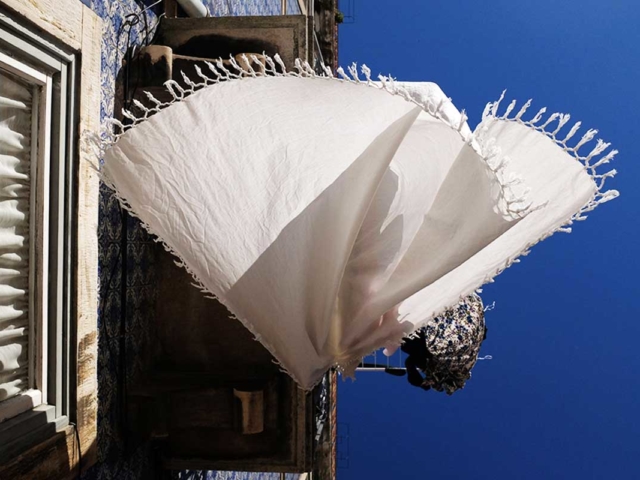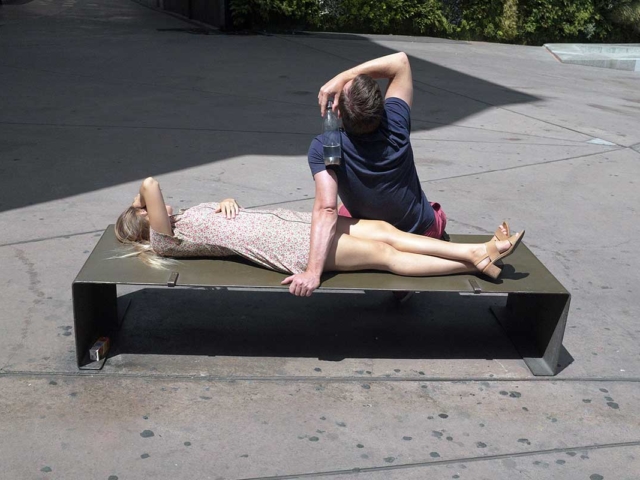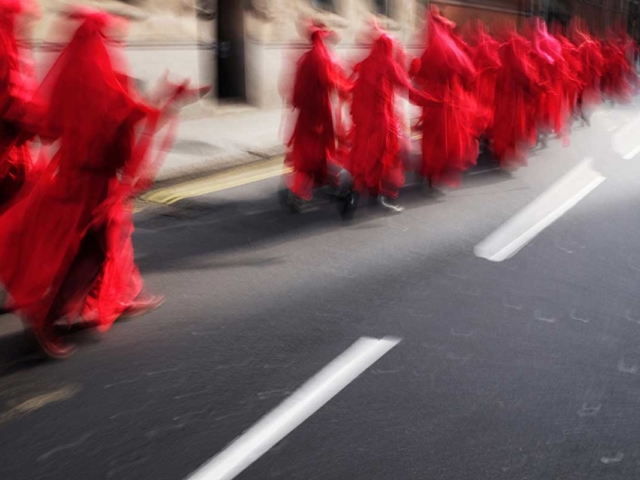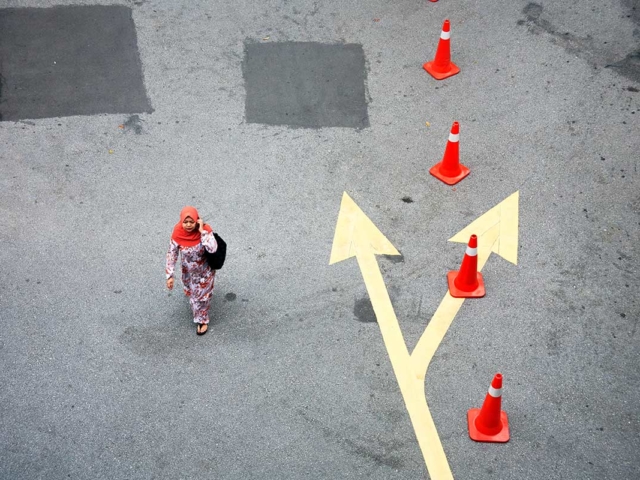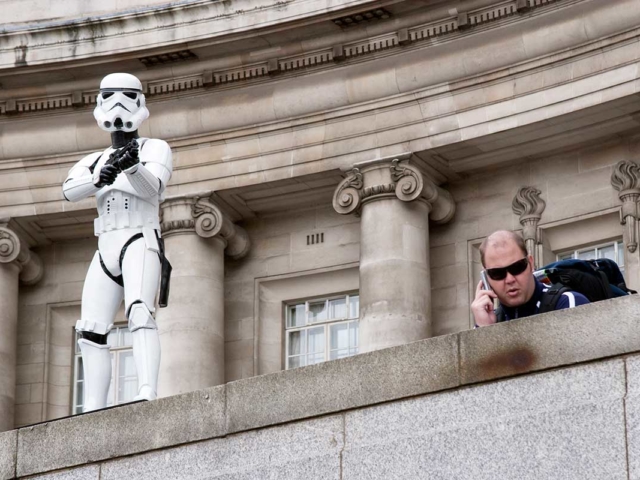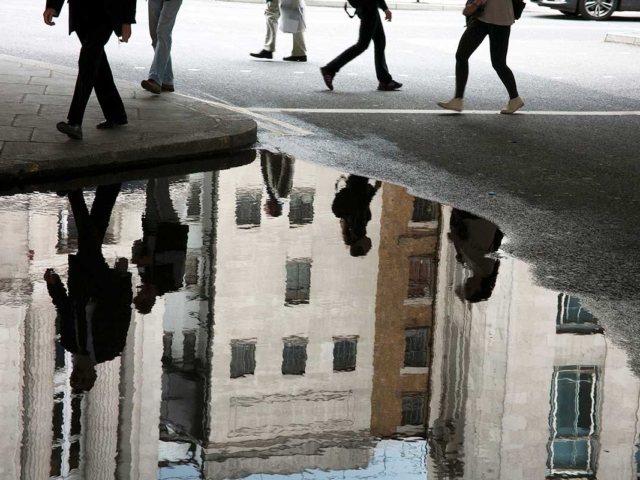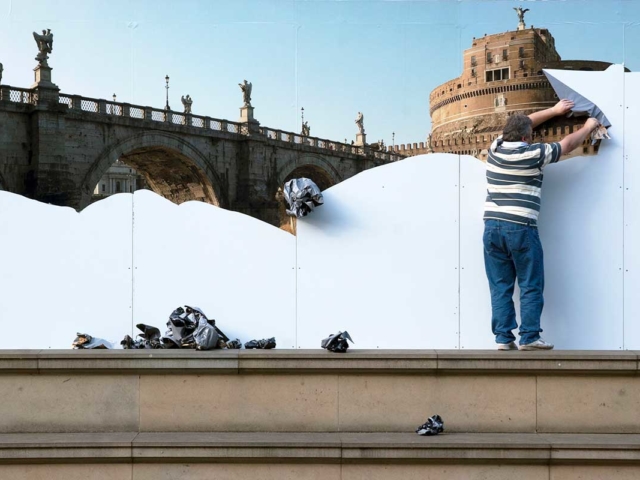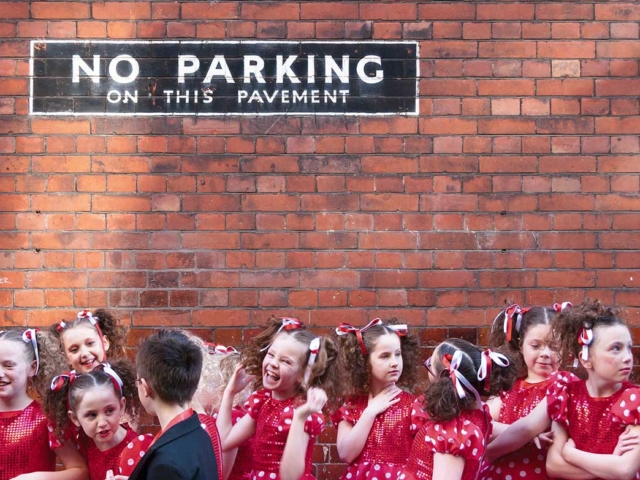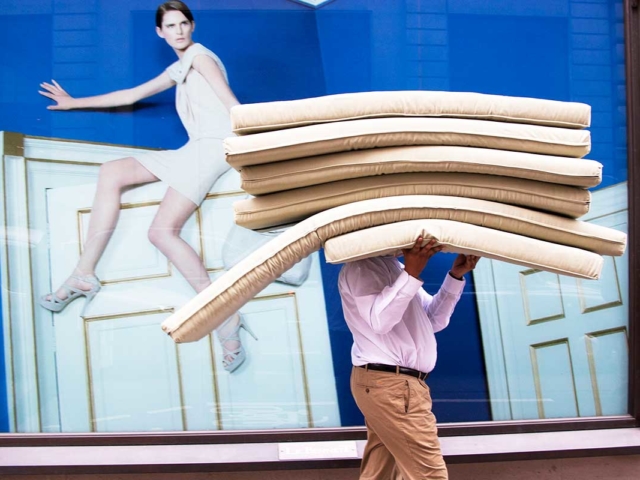David Gibson
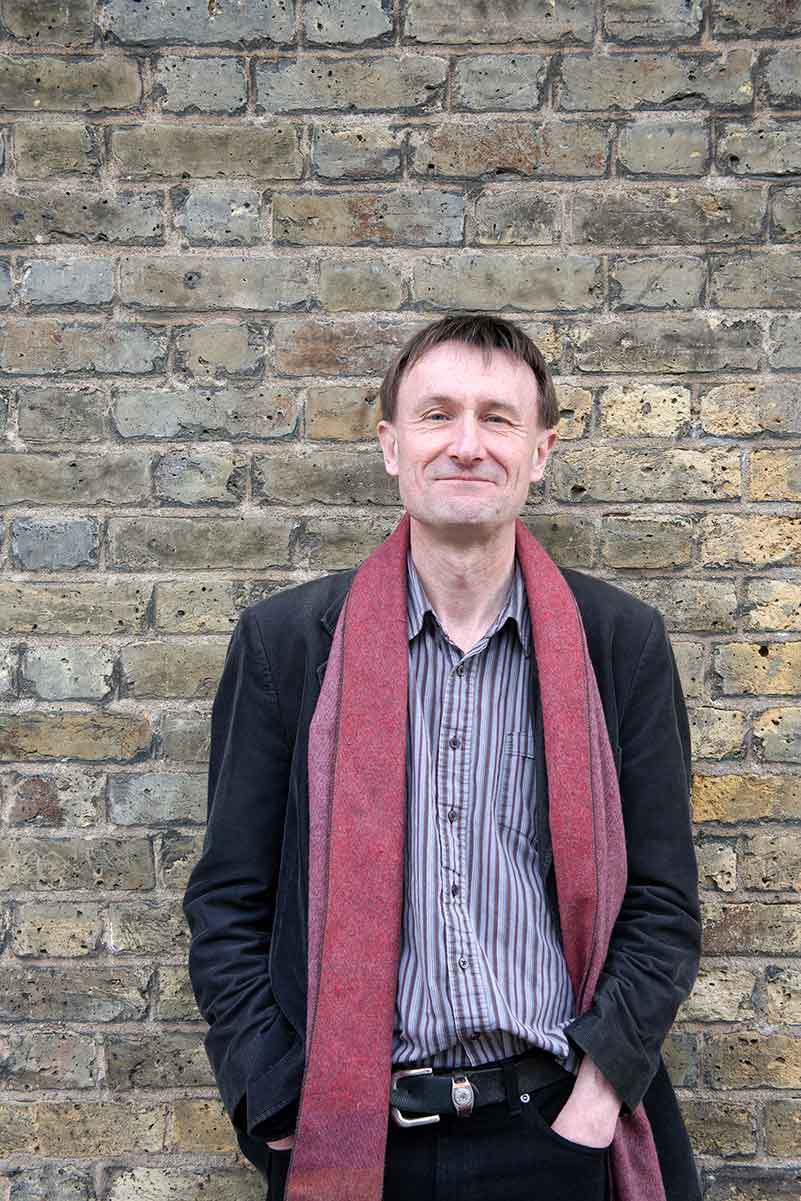
About
David Gibson (http://www.gibsonstreet.com/) has taken street photographs for over 30 years, much of it in London, a city he is fond of and knows very well. He is one of the founder members of In-public the international collective of street photographers and known for his work in both black and white and color which have been widely published and exhibited. This includes Street Photography Now (2011) an anthology of the world’s leading street photographers and the exhibition / book, London Street Photography 1860-2010 at the Museum of London. David is also known as a tutor on his particular subject that is street photography which he views in its broadest terms. He has taught many workshops in London and other cities worldwide such as Beirut and Singapore and more recently in Lisbon and Madrid. These workshops led to his writing the book, The Street Photographer’s Manual (2014) with Thames and Hudson. The book has become a best seller around the world. His other books are 100 Great Street Photographs (2017) and Street Photography: A History in 100 Iconic Images (2019), both published by Prestel.
Gallery
LACP Interviews David Gibson
LACP asks David Gibson ten questions about his background, career in and beliefs about photography.
LACP: What kind of photographer are you?
David Gibson: I seem to be known as a street photographer. I sometimes try to wriggle out of this description but concede that it’s a reasonable description of what I do.
LACP: How long have you been shooting?
DG: More than 30 years.
LACP: Where did you get your training?
DG: I did an HND in Advertising and Editorial Photography (1988-90) in the UK but I would consider myself largely self-taught. All photographers are ultimately self-taught, it’s inspiration that counts.
Curiously I also have an MA in Photography: History and Culture which I completed in 2002 but that was completely academic and did not involve taking photographs. It was not an easy experience but it did stimulate my interest in art. You can’t consider photography in isolation to art.
Regards taking photographs, I am still learning. I am still buying photography books and looking at photographs.
LACP: When did you know you wanted to devote your life to photography?
DG: I never defined it in those terms, I just wanted to take photographs and somehow “get there.”
LACP: Did you ever come close to giving up?
DG: Giving up earning a living at it, perhaps in a way but my approach was never to earn a living at it. Taking and looking at photographs was all that mattered. That said inspiration and energy has sometimes left me but I understand this process now. It’s a natural cycle.
LACP: Have you sacrificed anything by being a photographer?
DG: I can’t think of anything. Sacrifice is a strong word. I have gained immeasurably from my involvement with photography.
LACP: What have you gained by being a photographer?
DG: Far too complicated to give an easy answer but certainly a purpose and a way of appreciating the world around me. Photography connects with everything, it is my visual diary and something I feel compelled to do.
LACP: What classes do you teach at LACP?
DG: Street Photography.
LACP: What do you love most about teaching?
DG: Meeting interesting people. Connecting with people, this is always rewarding and also sometimes discovering talent, whether emerging or a little advanced. Because inspiration can work both ways. I learn as well, the workshops spark off ideas. They can surprise me too because people?s thoughts on certain photographs can be quite startling and refreshing.
LACP: What advice would you give someone who is thinking about making a career in photography?
DG: This is arguably the wrong question. A passion for photography comes first, a photographic career in whatever form should be regarded as a bonus. This is particularly true regarding street photography. I have often had wedding photographers in my workshops – they are already working photographers – so giving general advice is complicated. The most honest advice might well be to say simply, get a job in anything first to finance your photography and your life and then see what happens. But there is no camera setting that restricts for instance lawyers or musicians from taking a great photo. The line between the so-called professional and amateur is often blurred. Ultimately advice is coloured by personal experience. Different photographers will say different things but the sincerity, quality, spirit, whatever you want to call it must surely come first.
